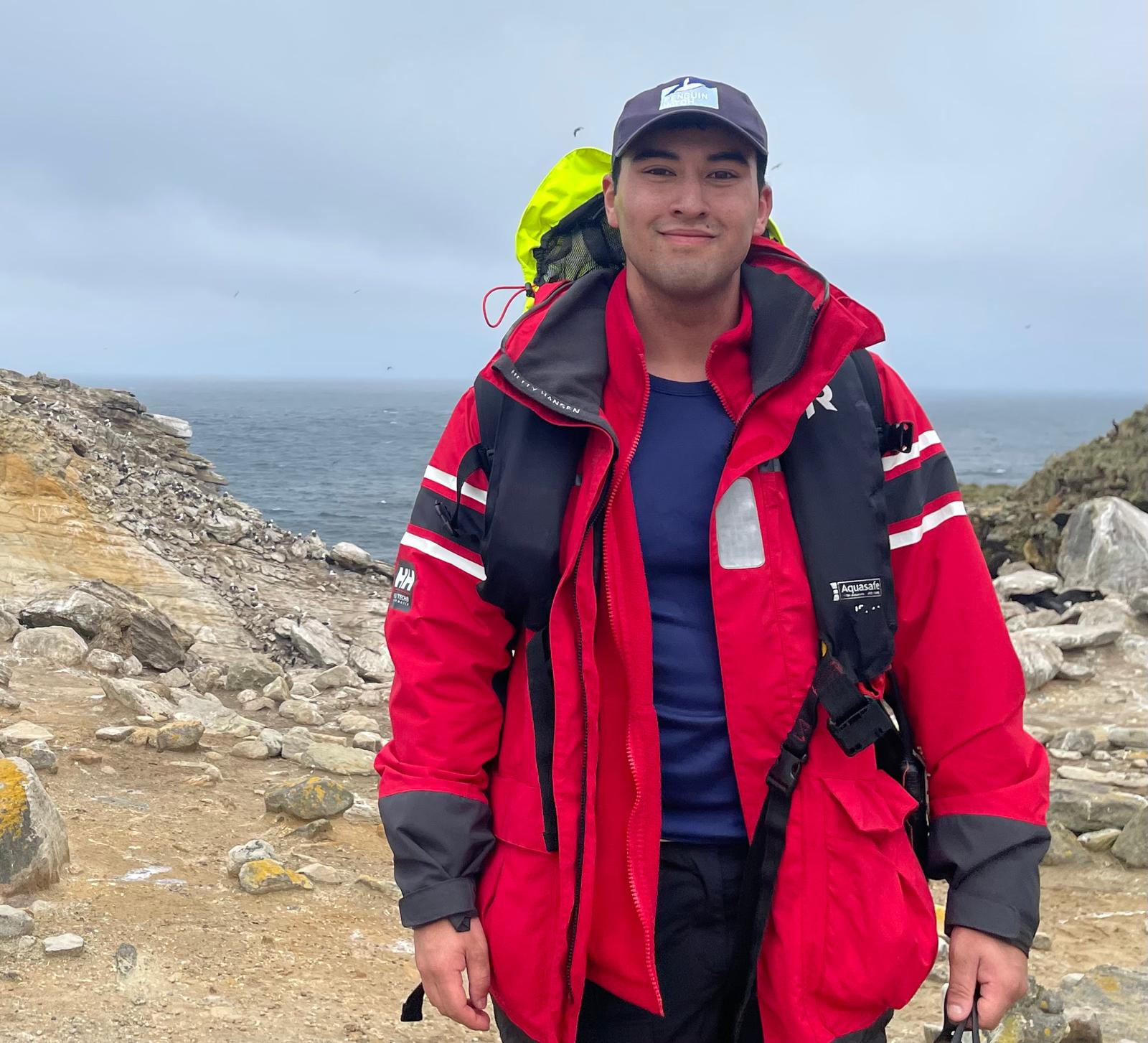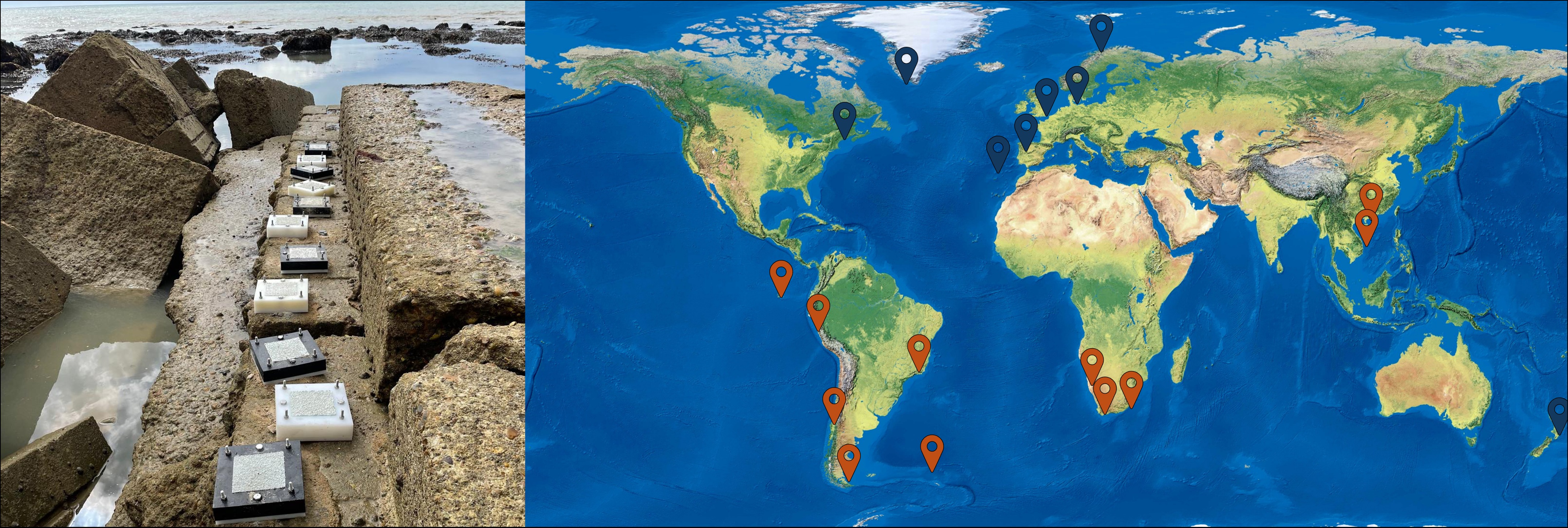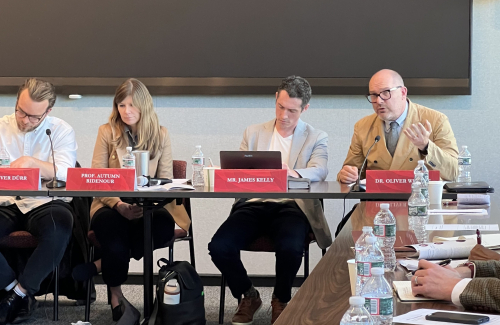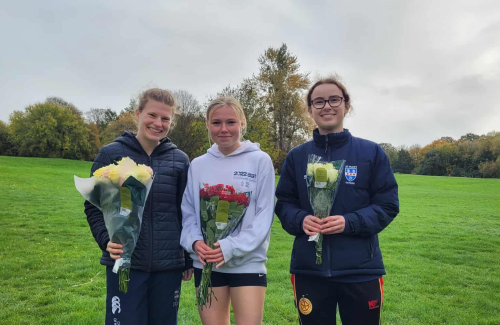More Pembroke news
Pembroke Spotlight: How Ramesh Wilson Designed the First Global Experiment in Marine Coastal Ecology
NEWS |

Pembroke DPhil Biology student shares insights on his DPhil project 'HotMess' - a global experiment intended to help make policies towards coastal ecosystems more effective based on the combined impacts of human stressors.
***
Project Hot Mess: How I designed the first global experiment in marine coastal ecology
During my DPhil, I developed ‘HotMess’; a first-of-its-kind project in global ecology to examine the impacts of multiple human stressors on coastal ecosystems. Coastal environments are incredibly dynamic - but against a backdrop of human pressures at several scales, and from both ocean and land-based origin, these environments face constantly fluctuating conditions. Many polices overlook how stressors may interact and exacerbate one another, leading to unpredictable management outcomes. With this, my goal has been to address this shortcoming by designing a simple, in-situ experiment that can be replicated globally, providing a comprehensive insight for management practises into how coastal ecosystems respond to multiple interacting stressors.
My experiment uses a simple, cost-effective method involving black or white ‘passively heated settlement plates’, that simulate a temperature increase of roughly 2°C when exposed to the sun. These plates are installed along rocky shorelines at different distances to a pollution source such as a sewage effluent, allowing us to examine the composition of resultant community growth on the plates in different stressor combinations.

Left: Experimental Pads Right: Global Map of Sites
This method is now being run across 22 sites worldwide, across all continents – including 11 sites in the socio-economic Global South, ensuring disproportionately underrepresented nations and researchers are well-represented. With over 450 experimental pads around the globe, we are revealing multi-directional, disproportionate impacts of interacting warming and pollution, demonstrating how action at the local level must be more considerate of the impacts of co-occurring global change. We encourage context-dependent interpretation of results, as global trends may not manifest in local scenarios, ecology, and management capacities.
HotMess serves to provide a foundational, scalable approach to encourage attention towards this underrepresented field of study in marine global change ecology. By ingraining spatial and socioeconomic representation, we can ensure future research from HotMess is internationally insightful, actionable, and equitable.

